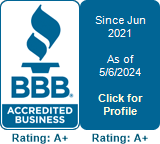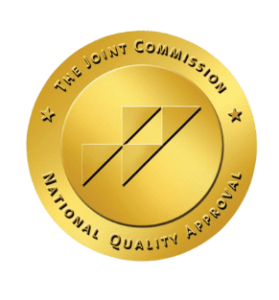
Stay Sober and Stress Free: The Holiday Benefits of a Sober Coach
As the holiday season approaches, many of us look forward to the festive cheer, the gathering of friends and family, and a chance to unwind and reflect on the year gone by. However, for people in recovery from substance abuse, the holidays are often the most challenging time of the year. Stress and the prevalence of alcohol-centric celebrations can come together to create high-risk situations, and when this happens, a sober coach can be particularly beneficial. Through a balance of professional guidance and personal support, a sober coach can help individuals maintain their sobriety during the holiday stress and celebrate in healthy and enjoyable ways.
Holiday Stress: The Need for Sobriety and Stress Management
What Is a Sober Coach?
A sober coach, also known as a recovery coach or sober companion, provides personalized support and guidance for those in recovery from drug or alcohol addiction. Sober coaches help participants maintain their sobriety by teaching healthy coping skills, identifying triggers, and creating a personalized recovery plan.
Sober coaches are not licensed therapists or treatment providers. However, they have personal experience recovering from addiction and specialized training in supporting others through the recovery process. Sober coaches can be an invaluable resource for those in early sobriety or struggling to stay committed to sobriety.
Identifying Holiday Triggers for Substance Use
The holiday season can be filled with triggers that make abstaining from drug or alcohol use difficult. Some examples of holiday triggers include:
- Stress from family gatherings and relationships
- Pressure to drink during parties or celebrations
- Loneliness and depression around the holidays
- Boredom from too much free time off work
- Happy hours with coworkers
- Associating holidays with past drug or alcohol use
Being aware of personal holiday triggers is an important first step toward preventing them from leading to relapse. A sober coach can help identify and respond to these triggers in healthy ways.
The Importance of Stress Management During Holidays
Holiday stress poses a major threat to sobriety if not managed effectively. Stress can lower inhibition and lead people in recovery to act impulsively or seek relief through substance use.
Stress management skills are vital for maintaining sobriety during the holidays, such as:
- Getting enough sleep
- Exercising regularly
- Practicing relaxation techniques like deep breathing or meditation
- Maintaining healthy eating habits
- Saying “no” to overwhelming obligations
- Seeking counseling or peer support if needed
A sober coach can provide real-world stress management tips and ensure the participant is caring for their mental well-being outside of therapy sessions.
Making the Most of the Holiday Season With a Sober Coach
With the right approach and mindset, a sober coach can be instrumental in making treatment and sobriety more manageable during the hustle and bustle of the holiday season. They help with effective communication, relapse prevention, goal setting, celebrating progress, and engaging in sober activities that enrich well-being throughout the holidays.
Responsibilities of a Sober Coach
The responsibilities of a sober coach typically include:
- Providing 24/7 emotional support via phone, text, or in-person meetings
- Helping the participant identify personal triggers and develop coping strategies
- Accompanying the participant to high-risk situations like parties or bars
- Assisting with tasks like attending counseling appointments or meetings
- Motivating and encouraging the participant to stick to their recovery program
- Being available for on-call support when triggers or cravings arise
- Helping develop and implement exit strategies when the risk of relapse is high
Sober coaches act as an accountability partner, mentor, advocate and source of support for those in recovery during the holiday season.
Who Is a Sober Coach For?
A sober coach can be beneficial for anyone, whether they’re new to sobriety or they’ve been in and out of rehab in the past. Sober coaches are especially helpful for these individuals during the holidays:
- Those early in recovery from drug or alcohol addiction
- People returning from addiction treatment programs or facilities
- Individuals with a history of relapse during high-risk situations
- People whose jobs involve frequent travel or social events with alcohol
- Anyone needing extra support and accountability to stay sober
Having a sober coach is especially helpful during the holiday season, when family stress, parties, and other triggers can quickly become a constant.
The Level of Involvement of a Sober Coach
Sober coaches provide personalized support based on each participant’s needs. During challenging periods like the holidays, your coach may spend the whole day or several hours a day with you in person. This could involve accompanying you to parties and family events to help avoid triggers and cravings.
Your coach can also be available for frequent check-ins by phone or text when not together. Establishing a detailed recovery plan and schedule ahead of time will set clear expectations for their availability and involvement.
However, your coach shouldn’t infringe too much on your privacy and independence. Their role is to empower you in recovery, not control your life. Maintaining a respectful, professional dynamic is key.
Could someone you care about benefit from the support of a sober coach this holiday season. Request a confidential consultation to explore our at-home treatment options.
The Benefits of a Sober Coach During the Holiday Season
Individualized Relapse Prevention
Sober coaches play an invaluable role in preventing relapse during the high-risk holiday season. They can help create a sobriety plan for attending holiday parties or provide support during stressful family events. They can also assist in accompanying the participant to situations involving alcohol and intervene if the participant is at immediate risk of relapse.
Having a sober coach’s consistent support can mean the difference between maintaining sobriety and falling into a holiday relapse.
Seasonal Support and Guidance
Beyond just preventing relapse, a sober coach provides ongoing support and guidance to promote the participant’s overall mental health and recovery with daily check-ins to assess the participant’s emotional state. From there, they motivate the participant to stick to healthy routines by answering questions about the recovery process or by simply providing a caring, judgment-free ear. With this support, participants can learn to process difficult emotions in healthy ways, supported by access to counseling and therapy.
This level of personalized support makes staying sober feel more achievable during the holidays.
Joyful, Sober Celebrations
With the support of a sober coach, people in recovery can fully participate in the holiday season without alcohol or drugs. A sober coach can:
- Plan sober social activities like attending festivals of lights or sledding
- Organize volunteer opportunities to help others
- Provide tips for enjoying holiday parties sober
- Suggest meaningful, sober ways to celebrate milestones
By promoting joyful connection and meaning, a sober coach makes sobriety during the holidays feel enriching rather than restricting.
The Process of Partnering With a Sober Coach
Choosing the Right Sober Coach
It’s important to choose a sober coach who’s a good fit for your individual needs. Consider factors like their training, experience, availability, and personality style.
Look for someone who is compassionate, supportive, patient, and an active listener. They should have strong interpersonal skills to build trust and rapport. The coach should also be confident yet humble with the ability to adjust their approach based on the participant’s needs and personality. It’s important that they can maintain professional boundaries while providing empathy and care.
Look for a sober coach program certified by the Joint Commission. It’s also ideal if they have personal recovery experience with your specific addiction issue.
Being Open and Honest
For your sober coach to best support you, you need to be open and honest with them about your addiction history, mental health, relationships, behaviors, and any recent slip-ups or relapses. This allows them to gain insight into your unique triggers and challenges.
Remember, sober coaches are there to provide nonjudgmental support, not condemnation, so the more information they have, the more they’ll be able to support.
Establishing Rules, Boundaries and Expectations
Discuss ahead of time the sober coach’s availability, terms of confidentiality, and other rules or boundaries. Be sure you agree about what each of your roles will entail. Clear expectations up front make the professional relationship more productive and effective.
Make a Commitment to Sobriety With ALYST
To achieve recovery goals, both you and your sober coach must be fully committed to the process. Be willing to listen to their suggestions and feedback. Know they have your best interest at heart, and they’ve been where you are.
With commitment from both sides, a participant-coach partnership can thrive during the holiday season and beyond. If you or someone you care about is ready to stay committed to sobriety this holiday season, request a confidential addiction consultation with the sober coaches at ALYST to get started.







